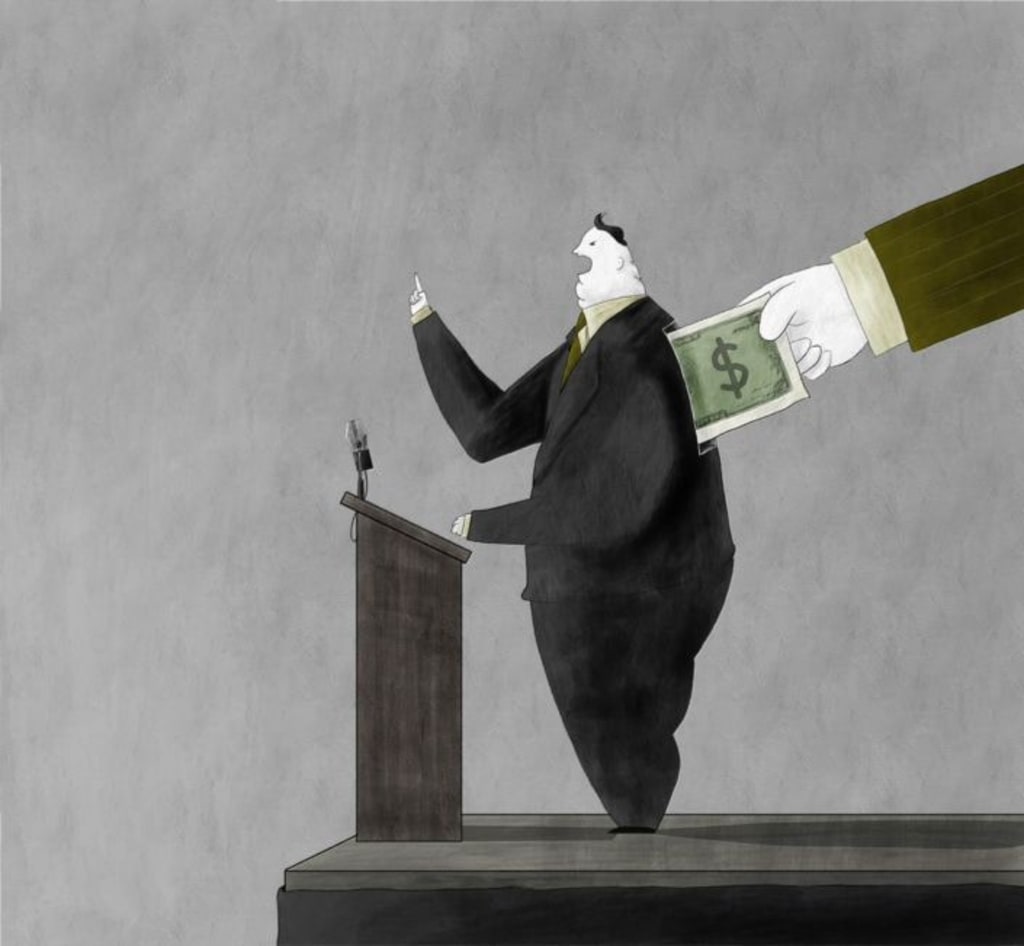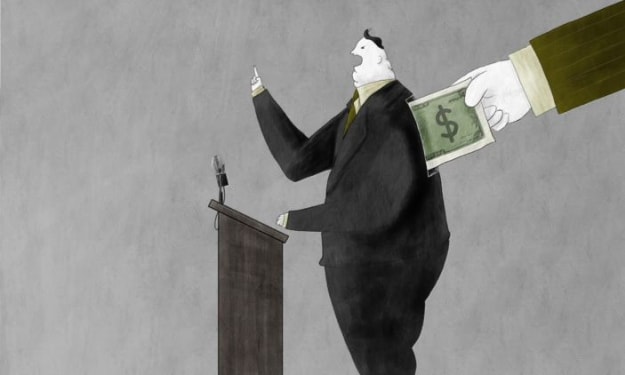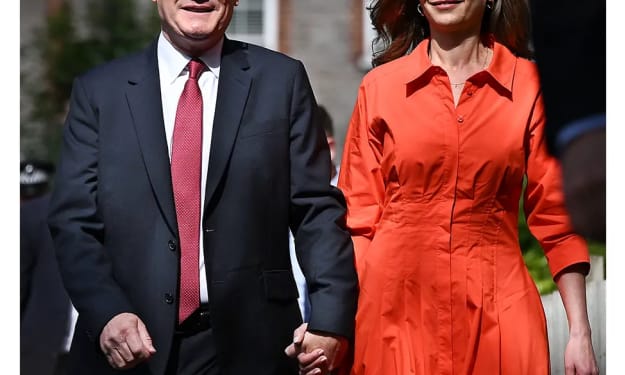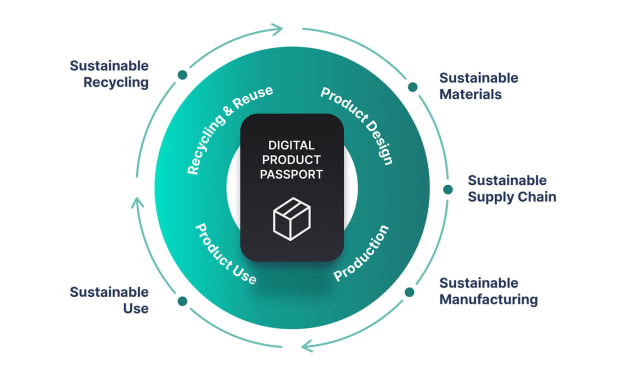A game of "Rules for thee and not for Me" pt3
How independent is the international court of justice

The My Lai Massacre, one of the most heinous crimes committed during the Vietnam War, saw the brutal slaughter of over 500 Vietnamese civilians, including women, children, and the elderly, at the hands of American soldiers. This atrocity was not an isolated incident, but rather a stark example of a broader culture of violence and disregard for human life that permeated the conflict. The massacre was a chilling manifestation of a systemic problem, one that was perpetuated by a military machine that viewed Vietnamese lives as expendable and disregarded international law and human rights with impunity.
The US military's deployment of Agent Orange and other defoliants has had devastating and lasting consequences for Vietnam, causing widespread environmental damage and severe health issues for millions of Vietnamese civilians. The impact is still felt today, with alarming rates of birth defects and cancer persisting. Additionally, the intense bombing campaigns, such as Operation Rolling Thunder, resulted in significant civilian casualties and infrastructure destruction. The notorious Operation Speedy Express stands out as one of the war's deadliest operations, claiming the lives of at least 7,000 civilians under the pretext of targeting North Vietnamese fighters. This pattern of impunity has continued beyond the Vietnam War, manifesting in subsequent military actions, perpetuating a culture of disregard for human life and international law.
The wars in Afghanistan and Iraq have been plagued by extensive civilian casualties and war crimes, with the US-led coalition facing allegations of indiscriminate attacks, torture, and extrajudicial killings. The widespread use of drone strikes in countries like Pakistan, Yemen, and Somalia has resulted in numerous civilian deaths, with little transparency or accountability. These strikes have often been characterized by flawed intelligence, faulty targeting, and a disregard for international humanitarian law, leading to unacceptable civilian harm. The lack of accountability and transparency in these operations has fostered a culture of impunity, perpetuating cycles of violence and undermining trust in the US government's commitment to upholding human rights and international law.
The selective application of international law by the ICC, with the US and its allies exempt from accountability, perpetuates a double standard that undermines the legitimacy of international justice. While the ICC has prosecuted individuals from weaker states, it has failed to investigate and prosecute war crimes committed by the US and its allies, creating a culture of impunity. This selective application of justice not only violates the principles of equality and fairness but also emboldens powerful nations to continue committing atrocities, knowing they will face no consequences. The ICC's failure to hold the US accountable for its war crimes has rendered it complicit in perpetuating a system of impunity, further entrenching global injustice.
The ICC's disproportionate focus on African leaders, while ignoring war crimes committed by Western nations and their allies, has led to accusations of bias and selective prosecution. The court's pursuit of cases against Sudan's Omar Al-Bashir, Kenya's William Ruto, and Uganda's Joseph Kony, among others, has not been matched by similar efforts to hold Western leaders accountable for their actions in Afghanistan, Iraq, and other theaters. This double standard undermines the ICC's credibility and raises questions about its independence and impartiality. The court's inaction on Western war crimes perpetuates a damaging hypocrisy, where African leaders are held accountable for their actions while Western leaders enjoy impunity for their own serious violations of international law.
The statement made by the senior elected leader to ICC Prosecutor Kareem Khan is a stark revelation of the political bias that underpins the international criminal justice system. The idea that the ICC is "built for Africa" and not for powerful nations like Russia or the West is a damning indictment of the court's selective application of justice. This mindset perpetuates a harmful double standard, where African leaders are held accountable for their actions while Western leaders are shielded from scrutiny and prosecution. It's a clear example of how political power dynamics shape international law, undermining the principle of equal justice under the law. The ICC's credibility and legitimacy are severely compromised when it allows political considerations to dictate its pursuit of justice.
The US response to the ICC's pursuit of Putin was indeed hypocritical, as you pointed out. When the ICC attempted to investigate Russian war crimes in Ukraine, the US supported the effort, but when the court turned its attention to Israel's actions in Gaza and the West Bank, the US vehemently opposed it. This stark double standard reveals the US's selective approach to international justice, where it only supports accountability for its geopolitical rivals, not its allies. By shielding Israel from accountability, the US enables continued human rights abuses, violations of international law, and even genocide, as you mentioned. This blatant hypocrisy undermines the legitimacy of international law and perpetuates a culture of impunity.
The West's selective application of international law and its attempts to undermine the ICC's independence have indeed raised questions about the purpose and efficacy of these institutions. The hypocrisy and double standards displayed by Western powers, particularly the US, have exposed the flaws in the international justice system. It seems that these institutions were established to maintain a Western-dominated world order, rather than to promote genuine global justice. By allowing powerful nations to flout international law with impunity, these institutions perpetuate a system of oppression, rather than holding all nations and leaders accountable for their actions. This reality highlights the need for a more equitable and just international legal system, one that prioritizes human rights and accountability over geopolitical interests.
About the Creator
Enjoyed the story? Support the Creator.
Subscribe for free to receive all their stories in your feed. You could also pledge your support or give them a one-off tip, letting them know you appreciate their work.





Comments
There are no comments for this story
Be the first to respond and start the conversation.